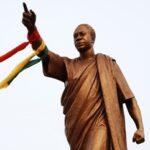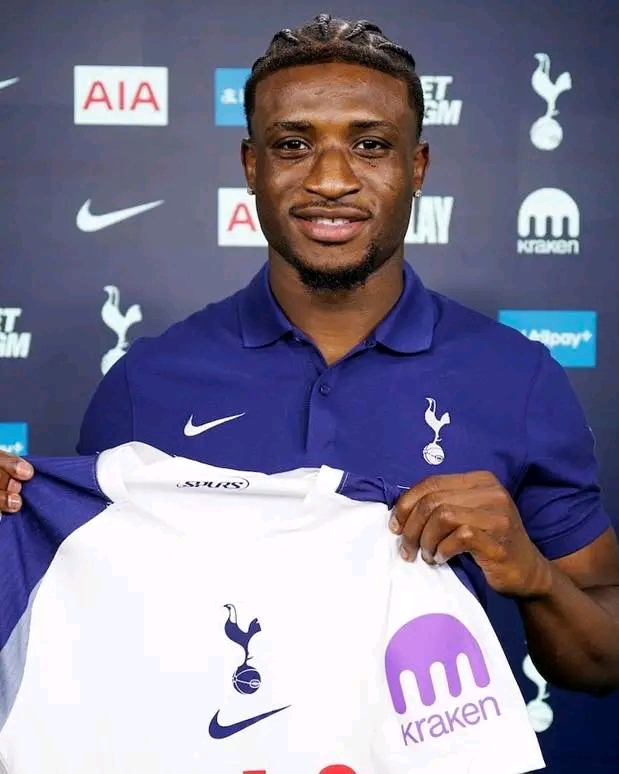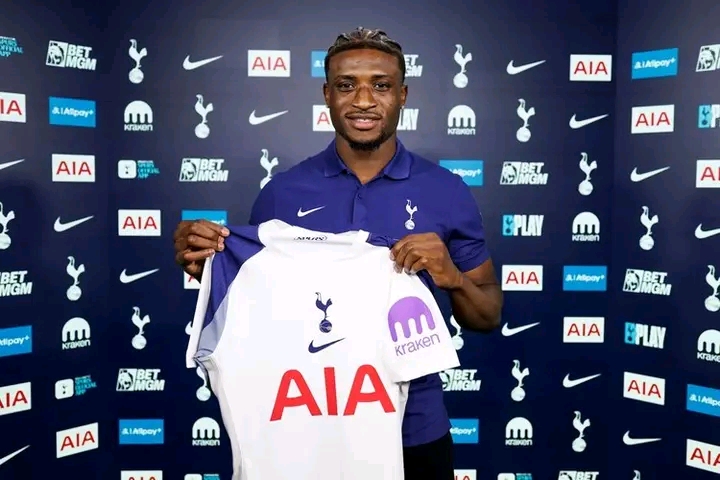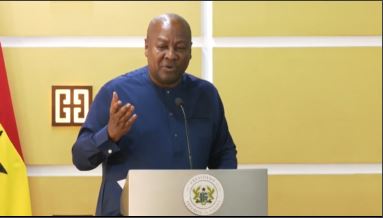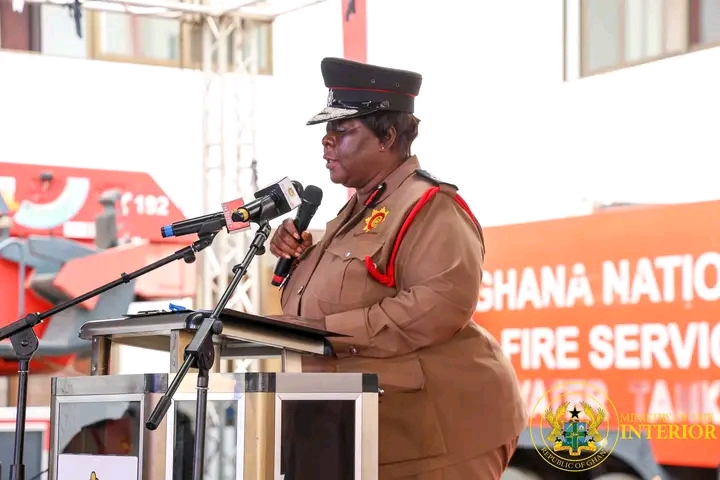 Ghana has seen five military takeovers in its 43 years of independence, two of them carried out by Jerry Rawlings, the current civilian president who reintroduced multi-party politics in 1992.
Ghana has seen five military takeovers in its 43 years of independence, two of them carried out by Jerry Rawlings, the current civilian president who reintroduced multi-party politics in 1992.
The former Gold Coast in 1957 became the first country in sub-Saharan Africa to achieve independence from a European power, ending more than 80 years as a British colony.
Independence hero Kwame Nkrumah, who had been prime minister since 1952, became Ghana’s first president — as well as a champion of other independence movements on the continent and an architect of “African socialism” — when the country became a republic in 1960.
Over the next four years Nkrumah survived several assassination attempts after imposing severe austerity measures. He responded by unleashing a repressive rule during which opposition groups were gagged and political power was reserved for his Convention People’s Party.
While on a visit to China in February 1966, Nkrumah was deposed by a military-police coup and went into exile in Guinea.
Two more coups followed, in 1972 and 1978, before Captain Rawlings seized power in January 1979, imposing a hardline regime as he had several generals executed, including three of his predecessors.
However, eight months later he ceded power to elected president Hilla Limann. This flirtation with democratic rule lasted little more than two years, ending with a second Rawlings coup on New Year’s Eve, 1981.
The takeover by the charismatic flight lieutenant was widely embraced amid severe economic hardships blamed on Limann.
Under the Rawlings “revolution,” he scrapped the constitution, abolished political parties and dissolved parliament.”
Over the next two years Ghana’s economy nose-dived and its human rights record deteriorated, prompting the Bretton Woods institutions to make a firm stand for reforms.
Rawlings signed on to a structural adjustment program, setting off a new wave of brutality as diehard leftists in Rawlings’ socialist Provisional National Defence Council (PNDC), who accused him of betraying the socialist cause, were foiled in a series of coup attempts.
In 1992, under domestic and international pressure and mindful of Ghana’s dependence on overseas aid, Rawlings, now retired from the military, held and won a presidential poll, riding on his lasting image as a man of the people.
Rawlings won a second and final presidential mandate in 1996 while his National Democratic Council (NDC) won 133 of 200 seats in parliament in elections that were considered free and fair.
In April this year, the NDC designated Vice President John Atta Mills, Rawlings’ chosen successor, as presidential candidate to run against main opposition leader John Kufuor.
The two faced each other in a runoff election on Thursday.


